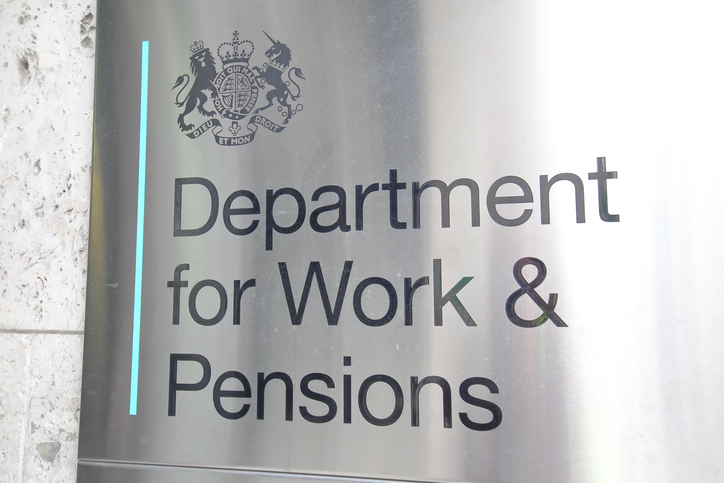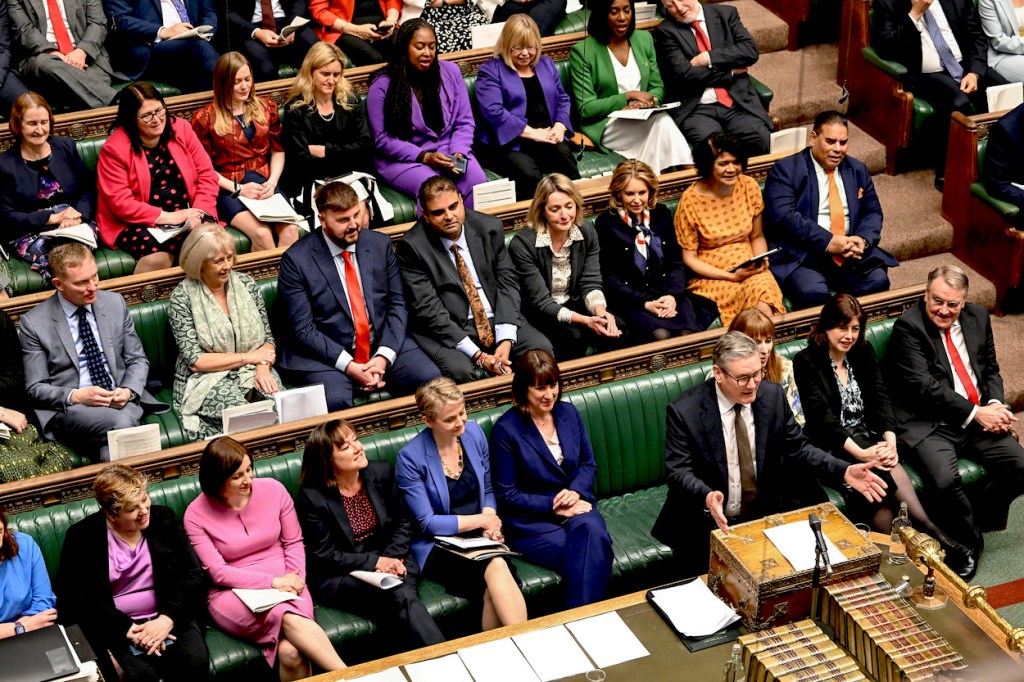There are moments in politics when you have to say something people won’t want to hear. This is one of them. Our welfare system is in crisis. By 2030, one in every four pounds raised through income tax will be spent on health and disability benefits – more than the entire UK defence budget. In increasingly dangerous and uncertain times, no one could claim that this is sustainable.
Drastic action is needed, and after a year in office Labour have finally cobbled together a set of welfare cuts. Sadly, their ham-fisted plan solves nothing.
There is growing evidence that what we’re doing isn’t helping people with their mental health
For a start, they barely stem the flow of people onto benefits. Three quarters of a million more people will join the sickness benefits rolls this parliament. And £5 billion in savings sounds good – until you realise the bill is rising to nearly £100 billion. It’s a drop in the ocean.
What’s more, while you don’t often find me agreeing with the Labour left, this plan is also deeply unfair. The new assessment framework is so badly thought through that it could have been designed by a random number generator. 77 per cent of people with arthritis could lose their PIP (Personal Independence Payment) entitlement. So could 62 per cent of those with heart disease. Meanwhile, fewer than half of those with anxiety look likely to miss out.
Worse still, the mobility element of PIP – the one that allows people with ADHD to qualify for a new car through the Motability scheme – hasn’t even been touched. To get the bill down properly, what’s needed is a fundamental rethink about which conditions should qualify for long-term financial support, and why?
When I first became shadow welfare secretary, one of the statistics that most shocked me was that the majority of new disability claims in this country are now for mental health issues. Most frighteningly, this rise is partly being driven by young people – people who should be in the prime of their lives.
Before I entered politics, I campaigned for better mental health care. I fought for parity of esteem between physical and mental health. I have no doubt that reducing the stigma around mental illness in society has saved lives.
But at no point during this fight do I think we intended for young people suffering bouts of depression and anxiety to be signed off to a lifetime on benefits. In fact, there is growing evidence that what we’re doing isn’t helping people with their mental health – it’s fuelling isolation, loneliness and dependence.
We know that good work brings purpose, structure and connection to someone’s life, and a 22-year-old placed on long-term sickness benefits due to anxiety may spend the rest of their working life out of the labour force. That’s not just bad for the economy – it’s a tragedy for that young person.
Of course, people struggle during periods of poor mental health. But do those conditions generate the same kind of practical, day-to-day costs as, say, life in a wheelchair? That’s what benefits were designed to support. It’s time to say it: we’ve been getting it wrong on benefits for mental health.
Research published by the Centre for Social Justice today shows that by narrowing eligibility – focusing support on those with more severe conditions – we could save nearly £9 billion a year. That’s before you even count the enormous economic benefits of someone in their 20s going through life earning and contributing, rather than sitting at home.
This isn’t about denying anyone’s distress. Conditions like anxiety and depression are real. But they’re also treatable. Imagine what could be done if even a tiny fraction of that £9 billion were reinvested into mental health services: expanding talking therapies, scaling up social prescribing, and funding the next generation of mental health research.
This will cause a fight. People have spent years campaigning for mental health to be treated like physical health, and I was one of them. But if we are going to create a sustainable welfare system, this is a fight we’re going to need to have.







Comments